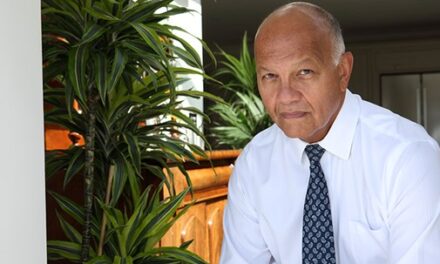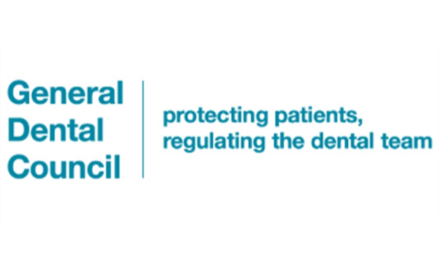In a world first, researchers have been funded to study the experience of witnesses who give evidence in professional conduct hearings about care provided by health and social care professionals.
A particular focus will be on cases where there are allegations of harm caused. This focus should allow the identification of potential improvements to support witnesses, for consideration by regulators and employers.
The Open University (OU) and Manchester Metropolitan University, the University of Oxford, the University of Glasgow and The University of Edinburgh have been awarded just under £750,000 by the National Institute for Health Research (NIHR).
The project: Witness to harm, holding to account: Improving patient, family and colleague witnesses’ experiences of Fitness to Practise proceedings, will see researchers undertaking a mixed methods study with the UK’s health and care regulators about the experience of the public as witnesses in professional health and care regulatory proceedings.
This independently funded research will explore the experience of witnesses involved in Fitness to Practise (FtP) proceedings in six of the UK’s health and social care regulators. It aims to find out what support witnesses expect, what they receive and what they need. It will explore and identify current best practice and potential improvements to how the public engages with FtP processes, and lead to workable recommendations and supportive resources for the public, professional bodies, employers and regulators.
Over the 30 months of the project from September 2021, the team will be working with a further seven UK regulators of health and social care professionals, (in addition to the six mentioned above), people who have been witnesses in these proceedings, and employers of health and social care practitioners, to produce videos and other support materials for use by the public, regulators, regulatory lawyers and professional bodies, health and social care educators and employers.
Co-Principal Investigator from The Open University Professor Louise Wallace said:
“We aim to find what the public expect and what they experience when they agree to give evidence about the care they received from a professional, particularly when it has been alleged that the care they received from the registrant caused them lasting harm. We know that “victims” in criminal court hearings can suffer harm all over again by having to relive their experience. There is no independent research on what happens when people give evidence in a professional regulatory tribunal, or whether the support offered by regulators to witnesses helps them or could be improved. Our study aims to gain unique insights, and from these findings, create resources and guidance that enables people to be better supported when they engage with fitness to practise proceedings.”
Co-Principal Investigator from Manchester Metropolitan University Professor Sara Ryan said:
“Little is known about the experiences of being a witness at a Fitness to Practise hearing particularly for members of the public who have experienced harm and for whom the tribunal process can generate further distress. This comprehensive study involving researchers from five universities, family members and patient safety organisations will address this gap and produce resources to better support those involved.”
Co-Investigator from the University of Glasgow, Professor Rosalind Searle said:
“It is so important to have independent research that allows those who are called to be witnesses to be asked to give their insights into processes which can deeply affect them, and more significantly unnecessarily, add to their distress. It is a privilege to work on this project adding expertise by retrospective study of a range of these cases to understand what has occurred, and more importantly how these people can be better supported and processes improved.”
Co-Investigator from The University of Edinburgh, Annie Sorbie said:
“The provision of written and oral evidence by witnesses is a crucial part of the fitness to practise process. This helps to ensure that when regulators make decisions about whether health and care professionals are fit to practise, these are fair, timely and protect the public. Our study will provide novel insights into the experiences of witnesses, and use these findings to create resources and guidance that enable people to be better supported when they provide evidence. I am delighted to work on this NIHR funded project with colleagues across the UK and from a range of disciplinary backgrounds.”
Follow Us






Recent Comments